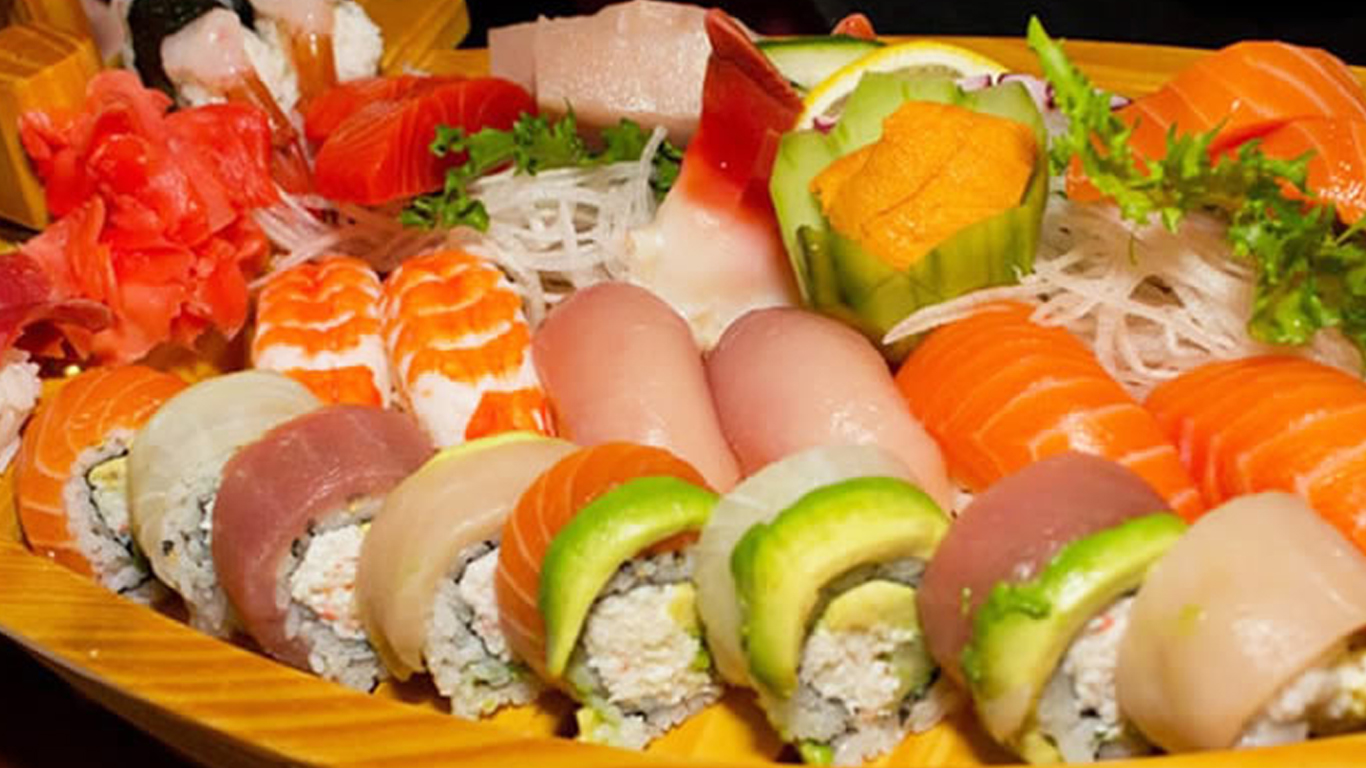Health and Healthcare
What Americans Can Learn About Why the Japanese Live Longer

Published:

The median age at death for residents of Japan is 84.5 years. In the United States though, it is just 76.4. Japan’s figure is one of the highest in OECD (Organisation for Economic Co-operation and Development) nations. Meanwhile, the United States is in the bottom half among these nations, just below Croatia. Researchers believe they have the keys to why there is such a difference in longevity. Many of the factors can be controlled. (These are the happiest countries in the world.)
One of the most comprehensive studies of lifespans in Japan and the United States was published in Nature, a major scientific research collection. Most of the difference in longevity is due to diet, according to the research paper: “Why has Japan become the world’s most long-lived country: insights from a food and nutrition perspective.” In other words, Americans could live longer if they ate better.
The primary conclusion of the research is that “[t]he low mortality rates from ischemic heart disease and cancer are thought to reflect the low prevalence of obesity in Japan; low intake of red meat, specifically saturated fatty acids; and high intakes of fish, specifically n-3 polyunsaturated fatty.” The Japanese tend to eat plant foods and fish. However, the Japanese do tend to have one habit that lowers life expectancy. Many of them smoke.
The Centers for Disease Control and Prevention (CDC) does provide research to help Americans be healthier. Among these is the “Dietary Guidelines for Americans: 2020-2025.” One of its goals of this research is to increase the life expectancy of Americans. Among the advice is that eating fruits, vegetables, oils and protein foods, including beans, chicken and fish, are critical. The research also points out that a healthy diet is connected to obesity.
Credit card companies are at war, handing out free rewards and benefits to win the best customers. A good cash back card can be worth thousands of dollars a year in free money, not to mention other perks like travel, insurance, and access to fancy lounges. See our top picks for the best credit cards today. You won’t want to miss some of these offers.
Flywheel Publishing has partnered with CardRatings for our coverage of credit card products. Flywheel Publishing and CardRatings may receive a commission from card issuers.
Thank you for reading! Have some feedback for us?
Contact the 24/7 Wall St. editorial team.